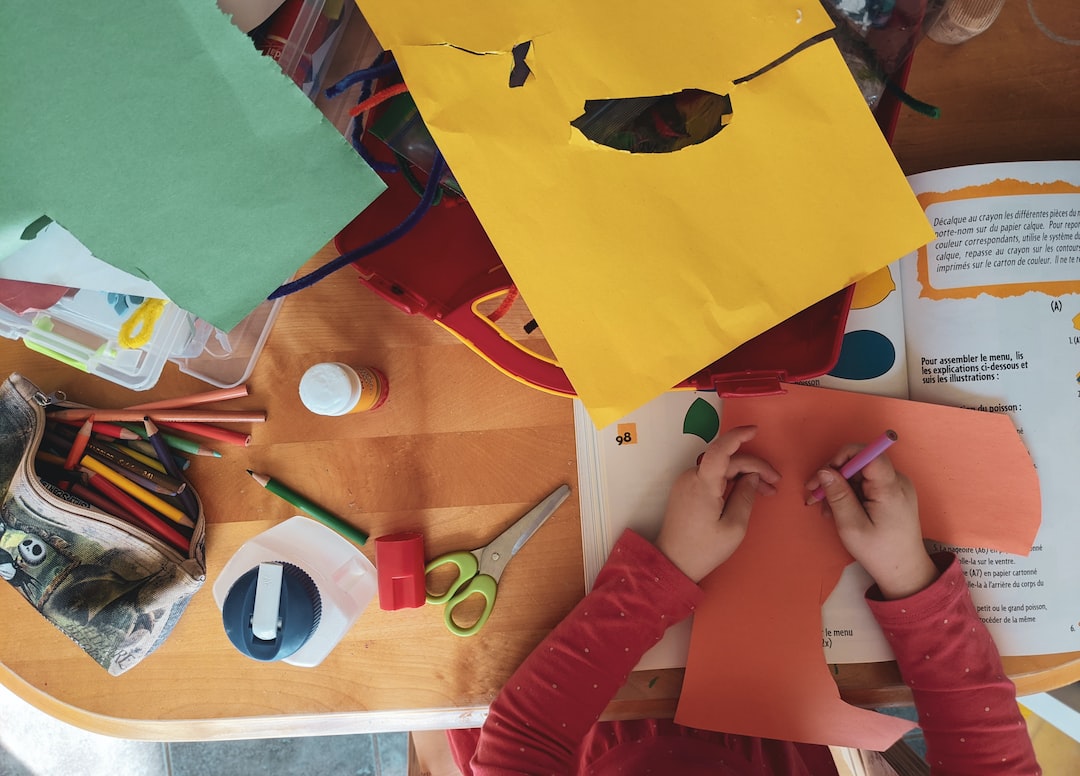Peer tutoring programs have gained popularity in recent years as an effective approach to enhancing student learning. These programs not only provide academic support but also offer a range of other benefits for both the tutor and the student being tutored. In this blog post, we will explore the various advantages of peer tutoring programs.
First and foremost, peer tutoring creates a supportive learning environment. Students may feel more comfortable seeking help from their peers rather than approaching their teachers. This relaxed atmosphere promotes open communication and the building of trust between the tutor and the student. Furthermore, the tutor is likely to understand the challenges faced by the student as they have recently encountered similar academic hurdles themselves. This empathy and shared experience fosters a positive connection between the two individuals, making the learning experience more enjoyable and effective.
In addition, peer tutoring programs develop essential academic and life skills. Not only do tutors reinforce their knowledge and understanding of a subject by explaining concepts to their peers, but they also strengthen their communication and leadership skills. By tutoring others, students improve their ability to explain complex ideas in a clear and concise manner, thereby sharpening their communication skills. They also gain valuable leadership experience as they take on the role of guiding and supporting their peers. These skills are transferable and highly sought after in academic and professional settings.
Another advantage of peer tutoring programs is the opportunity for both the tutor and the student to deepen their understanding of a subject. As tutors review and explain concepts, they enhance their own grasp of the material. Teaching a subject requires a thorough understanding, which prompts tutors to delve deeper into their studies. Similarly, the student receiving tutoring is exposed to various perspectives and explanations, which can provide a fresh and different approach to learning. Peer tutoring not only reinforces existing knowledge but also encourages critical thinking and problem-solving skills.
Furthermore, peer tutoring programs promote positive social interactions and improve self-confidence. Both the tutor and the student are likely to benefit from an increased sense of belonging and social connection. Tutors may experience an enhanced sense of self-worth and accomplishment by sharing their knowledge and skills to help others. Conversely, the student receiving tutoring gains confidence in their abilities and develops a more positive attitude towards their academic work. Peer tutoring empowers students by showing them that they are capable of mastering challenging concepts with the support of their peers.
Lastly, peer tutoring programs have been shown to improve overall academic performance and achievement. Studies have consistently reported that students participating in peer tutoring programs have higher grades, improved test scores, and a deeper understanding of the subject matter. The one-on-one interaction between the tutor and the student allows for personalized attention and individualized learning. This tailored approach helps students grasp difficult concepts and bridge gaps in their comprehension. As a result, they experience increased motivation and engagement in their learning, leading to improved academic outcomes.
In conclusion, peer tutoring programs offer numerous benefits to both the tutor and the student being tutored. Beyond academic support, these programs create a supportive learning environment, develop essential skills, promote positive social interactions, and improve academic performance. By harnessing the power of peer-to-peer learning, schools and educational institutions can foster a sense of community, improve student engagement, and enhance overall learning outcomes. Peer tutoring programs are a valuable tool that should be embraced and implemented for the betterment of students’ educational experiences.

